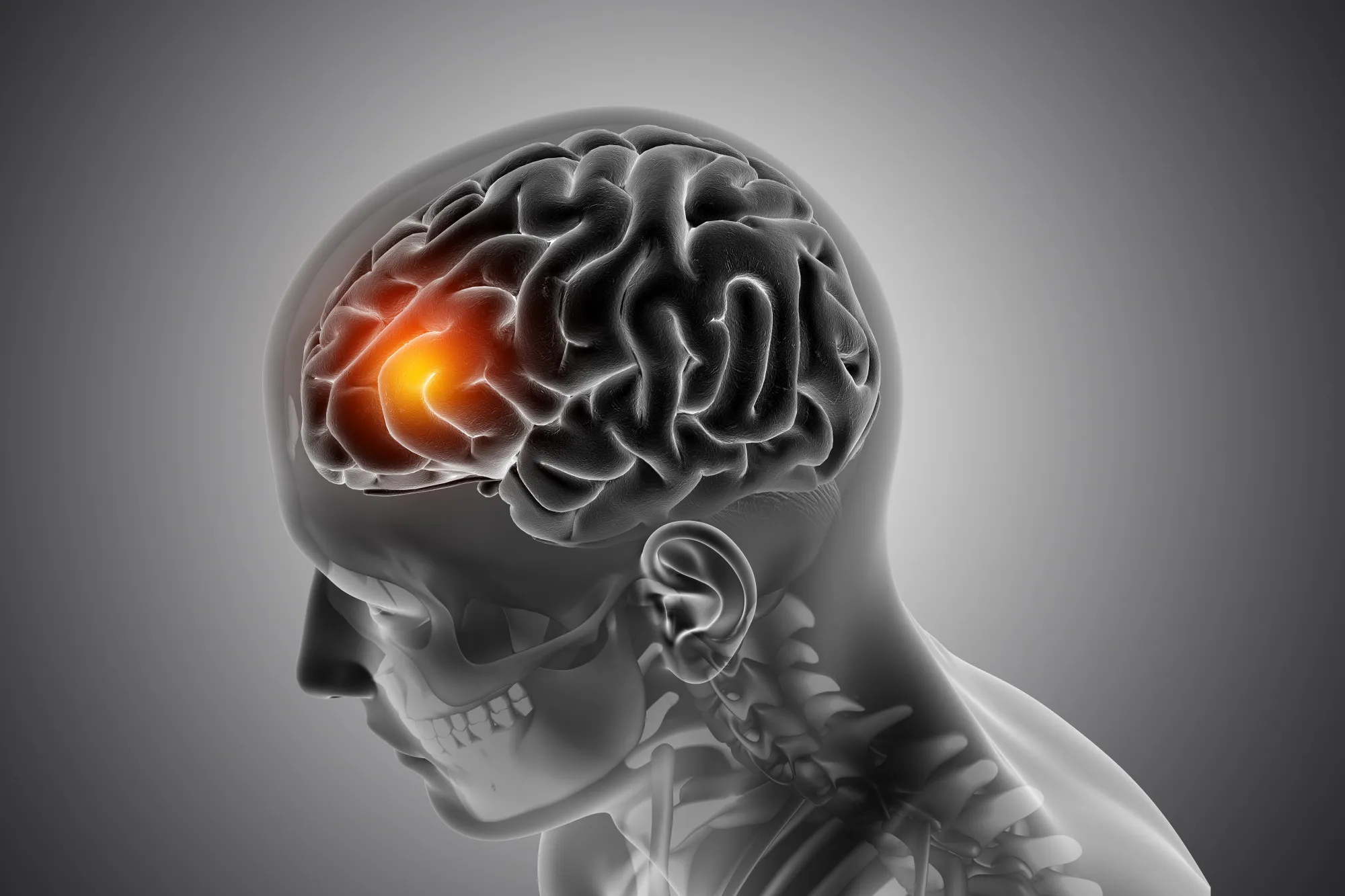In a ground-breaking study that has taken the medical community by storm, researchers have shown promising results using intestinal epithelial stem cell transplants as a novel therapy for cerebrovascular stroke. The findings, which could revolutionize the way stroke recovery is approached, were published in the esteemed journal Brain, Behavior, and Immunity on January 20, 2024, by Dr. Liqi Li from the Department of General Surgery at Xinqiao Hospital, Army Medical University, Chongqing 400037, China.
Intestinal Stem Cells in Stroke Therapy: A New Frontier
A stroke occurs when the blood supply to part of the brain is interrupted, leading to brain damage and a myriad of subsequent health issues. Despite advancements in immediate stroke treatment, many survivors are left with permanent neurological damage. However, the innovative application of intestinal epithelial stem cells might transform the trajectory for these patients, offering new hope where there was little.
Dr. Li, the corresponding author, in his commentary (DOI: 10.1016/j.bbi.2024.01.007), discusses the transformative potential of such therapy. Unlike traditional treatments that focus on rehabilitation and managing the aftermath, this approach aims at curing the root cause by regenerating damaged brain tissues.
Mechanisms of Action and Proof of Concept
The premise of this therapy is hinged on the unique regenerative abilities of the intestinal epithelial stem cells. Found in the lining of the gut, these stem cells have the remarkable ability to renew themselves and have the potential to differentiate into other cell types. When transplanted into the damaged areas of the brain, initial studies suggest that they could aid in repairing and replacing neurons and other brain cells, hence improving neurological function.
In animal models, scientists have observed not just improvements in motor function but also in cognitive abilities. This suggests that the therapy could help in alleviating a broad spectrum of stroke-related impairments.
The Study: Timeline and Results
The research began with extensive in vitro examinations, which then extended to in vivo experiments on rat models that had been induced with stroke conditions similar to those found in humans. Over time, rodents that received the intestinal epithelial stem cell transplants showed significant recovery compared to those that did not.
By using the state-of-the-art imaging and neurological tests, the team could track the migration of the stem cells to the affected brain regions and their integration into the existing brain tissue—a process that seemed to catalyze the recovery phase.
Immediate Industry and Academic Response
The medical and scientific communities have reacted with optimism to these initial findings, and rightfully so. Professors and healthcare professionals worldwide are taking note of the potential paradigm shift in post-stroke care that Dr. Li’s commentary highlights.
As the study conducted is proof-of-concept at this stage, experts call for controlled human trials to further confirm safety and efficacy. Nevertheless, this research represents a significant milestone in the ongoing quest to uncover potential cures for brain damage caused by strokes.
Regulatory Hurdles and Ethical Considerations
While the excitement is palpable, the path to clinical application requires navigating stringent regulatory frameworks designed to ensure patient safety. Governed by bodies such as the FDA and EMA, any new therapy must undergo rigorous trials before approval for clinical use.
Additionally, the research stirs ethical debates, ranging from the source of the stem cells to the affordability and accessibility of such treatments. Medical ethics dictate that patients’ welfare and consent are paramount, requiring transparent discussions between the medical field and society as the technology advances.
Global Impact and Economic Implications
Stroke is a leading cause of disability worldwide, accruing substantial healthcare costs and loss of productivity. By offering a chance at a full recovery to stroke survivors, the economic implications of this research are profound.
Countries with aging populations, where the incidence of stroke is higher, may potentially save billions in healthcare expenditures by reducing long-term disability and dependency. Moreover, this therapy could equip healthcare systems worldwide to handle the neurological complications associated with an aging demographic more effectively.
Looking Towards the Future
Researchers are only scratching the surface of what is possible with stem cell therapies. As the studies advance, future research will likely explore the compatibility of the transplanted stem cells with the patient’s immune system to prevent rejection, and the complex ethical and regulatory aspects of stem cell therapy.
Dr. Liqi Li’s address for correspondence is available through the Army Medical University. However, he asserts that the authors of this pioneering study declare no competing financial interests or personal relationships that could have appeared to influence the work reported in this paper.
Conclusion
This study’s commentary has shed light on what could be the dawning of a new era in stroke management. The novel therapy with intestinal epithelial stem cells proposes not just to treat but to heal, offering tangible hope for what has long been considered irreversible damage.
As the race to turn these encouraging findings into viable treatments accelerates, one thing is clear: the future is bright for stroke survivors, with the potential for regaining a quality of life that many thought was lost forever.
For a deeper dive into this promising research, the original commentary by Dr. Liqi Li can be accessed through the DOI: 10.1016/j.bbi.2024.01.007.
References
1. Li, L. (2024). Comment on: Intestinal epithelial stem cell transplants as a novel therapy for cerebrovascular stroke. Brain, Behavior, and Immunity, 117, 195. https://doi.org/10.1016/j.bbi.2024.01.007
2. General Surgery Department, Xinqiao Hospital, Army Medical University. (2024). Stem Cells and Stroke Recovery. https://www.amu.edu.cn/.
3. World Health Organization. (2023). Cerebrovascular disorders (stroke). https://www.who.int/.
4. The Regenerative Medicine Network. (2023). Intestinal Epithelial Stem Cells: Potential in Regenerative Medicine. https://www.regenmednet.com/.
5. International Society for Stem Cell Research. (2023). Stem Cells in Focus: A Path to Recovery from Stroke. https://www.isscr.org/.
Keywords
1. Stem cell therapy for stroke
2. Intestinal epithelial stem cells
3. Stroke recovery innovations
4. Cerebrovascular stroke treatment
5. Regenerative brain therapy
